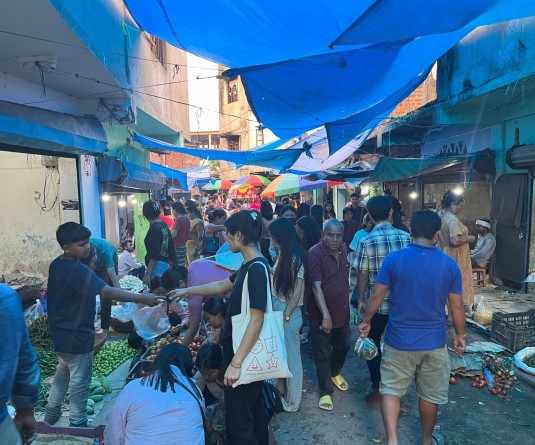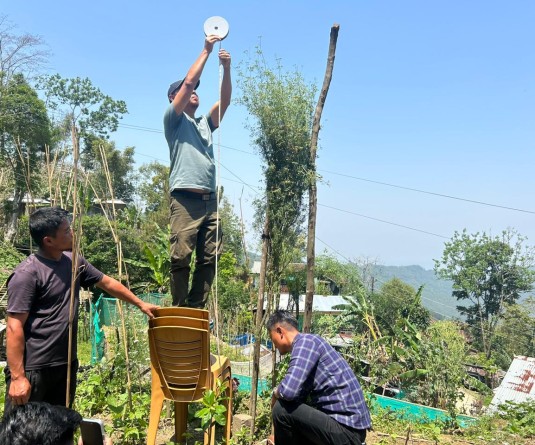
Dimapur, May 19 (MExN): Naga Scholars’ Association (NSA) organised ‘Research Scholars Colloquium’ at Jawaharlal Nehru University (JNU), New Delhi on May 18.
Dr. Zuchamo Yanthan, NSA president stated that since the formation of the association, the ‘Research Scholars Colloquium’ was in its agendas. “NSA initiatives like this will enable the young scholars get positive inputs and constructive criticisms before submitting any research work either in a form of PhD thesis or research articles in journals and books,” Dr. Zuchamo stated in a press release.
Dr. Susmita Dasgupta, an economist, writer, social activist and a visiting faculty in several universities across India and abroad was the chairperson of the session.
The first speaker was Pfokrelo Kapesa, a doctoral candidate from JNU. Her paper titled ‘India’s Summit Diplomacy vis-à-vis Pakistan, 1998-2004’ examined how under the leadership of AB Vajpayee, the National Democratic Alliance government from 1998-2004 pursued Summit Diplomacy with Pakistan. She argued that engaging in this Summit was to “enhance India’s image globally.” She also pointed out that during the course of her research she found that the three variables i.e., agenda, personality and regime are complementary and affect the process and outcome of Summit Diplomacy.
Khyochano Ovung, a doctoral candidate from Ambedkar University presented a paper titled ‘Co-relating Gender and Education in Nagaland: An Exploratory Study’, which explored the gender issue from 1870 to 1950’s. Her paper focused on the notion of ‘gender’ through education from a feminist perspective. She also examined the different shifts faced by the Nagas in their education system due to “encounter with the colonials, to the American Missionaries, Naga sovereignty and followed by the post-colonial nation-building” and how these encounters have led to ending of ‘Morung System’ and ‘Orality’ replaced by text. “What is known about the Nagas today was constructed by British colonial officials and anthropologists,” she asserted and also raised important point on language, “Considering it as the vehicle of a community it is pertinent to address its role in education and one’s community.”
Another speaker, Solomon Zingkhai, a doctoral candidate from JNU spoke on ‘Authenticity and the Social Space’. He looked at the “transition from modern to post-modern society” and argued how this is causing “interest concerning questions of self-identity,” in relation to “the concept of authenticity.”
“What is it to be oneself or truly representing oneself?” is gaining importance not just in philosophical discourses but in contemporary social and political debates, he stated.
The presentation was followed by comments and discussions.




